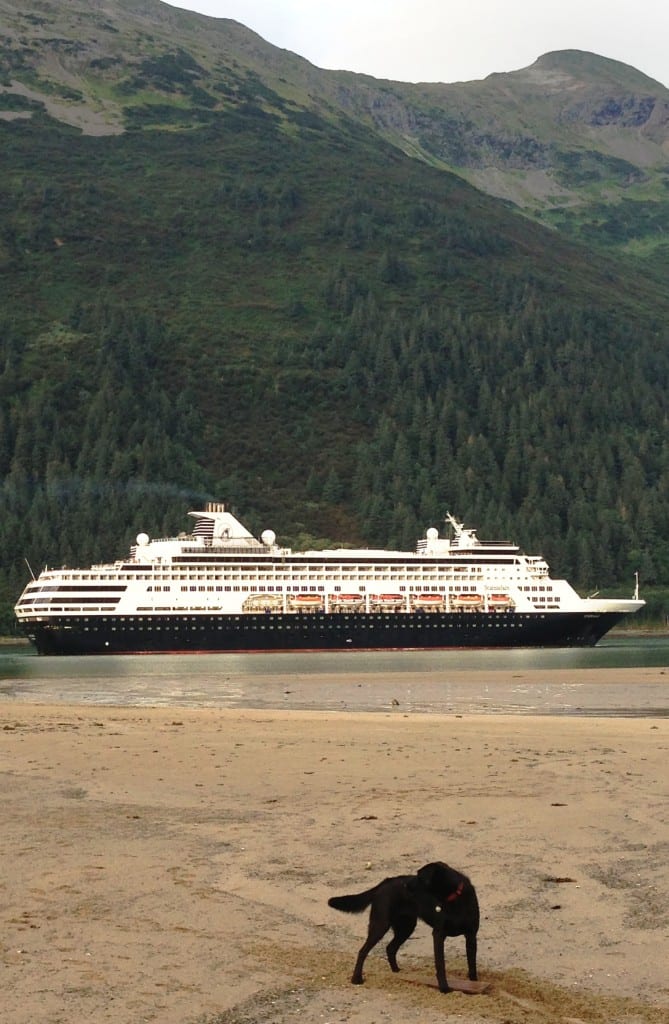
Three Alaskans have been denied an appeal alleging harm from Carnival Corporation’s cruise ship pollution.
If successful, the appeal would’ve effectively delayed the cruise giant’s recent settlement with the Justice Department for multiple violations of its felony probation.
The Alaskans were part of a petition to the 11th Circuit Court of Appeals in Atlanta seeking recognition under the federal Crime Victims Rights Act for the cruise line’s unlawful dumping of plastics, grey water and other prohibited materials in Alaska and elsewhere.
Carnival executives admitted in court to the company’s wrongdoing this month. As part of a new settlement, they agreed to pay $20 million in addition to the $40 million fine levied in 2016 for similar violations.
One of the Alaskans involved in the appeal told CoastAlaska earlier this week that financial pressure on Carnival – a global enterprise with profits in the billions of dollars – is the only way to make it change.
“My contention is a one-liner,” retired commercial fisherman Eric Forrer of Juneau said. “If being dirty is cheaper than being clean, they will continue to be dirty. They have to make being dirty more expensive.”
District Court Judge Patricia A. Seitz approved the deal with prosecutors. She explained in court papers that the harm claimed by the three Alaskans and one Bahamanian were general in nature and could’ve applied broadly to others in the region.
“Therefore, even though the court sympathizes with their frustration, fervor, and their outrage,” she wrote, “the proposed intervenors are not ‘victims’ as that term is defined by the (Crime Victims’ Rights Act).”
The three-judge appeals court agreed and ordered the case closed.
Stand.earth, the San Francisco-based environmental group that coordinated the appeal, has criticized the settlement as too weak and pledged to continue its pressure campaign against Carnival.
The Miami-based cruise corporation operates nine brands including Holland America and Princess Cruise Lines.
It has defended its record but also pledged to consolidate its environmental oversight by hiring a chief compliance officer to oversee its entire fleet.





